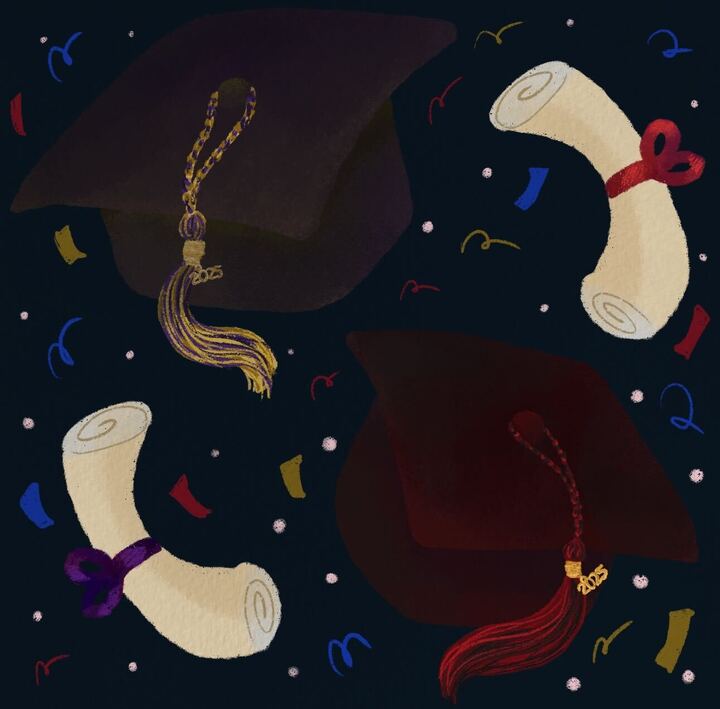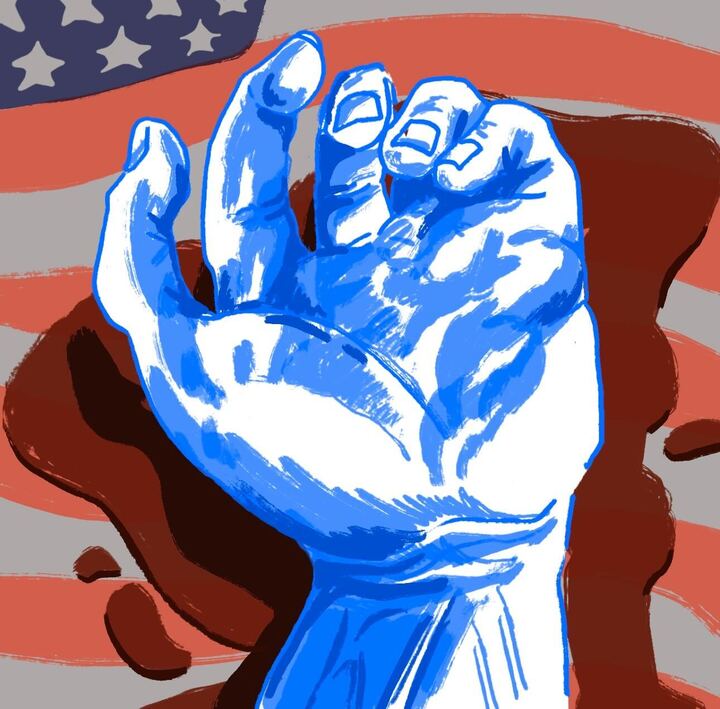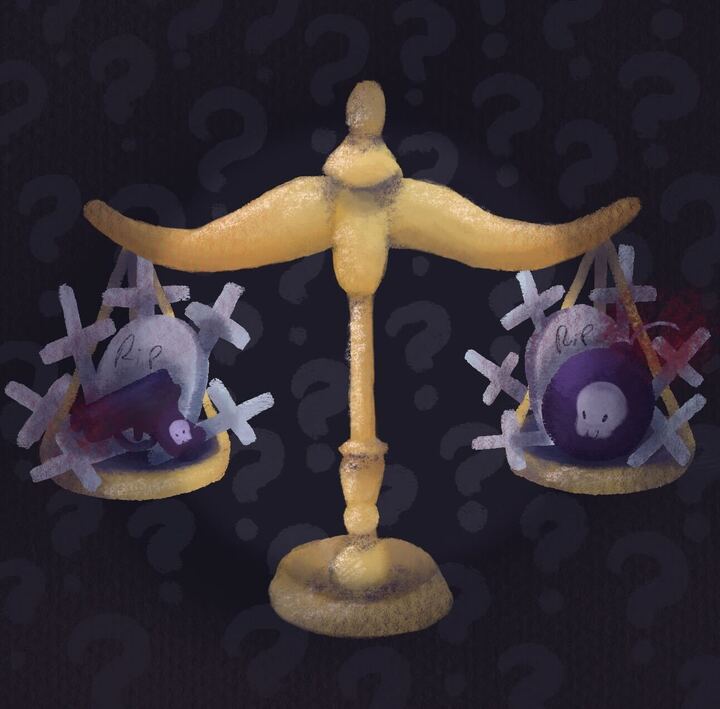
When people meet me for the first time, I want them to remember me for my personality, not my flaws.
Since I was 13, I’ve had bad skin. My skin would break out under stress constantly, but by the middle of my freshman year in college, I broke out terribly and unexpectedly that my face felt like it burnt.
After treatment, my skin repaired itself, but by my junior year of college, the same acne reappeared but much more severely.
My skin became infected with the worst acne and pain I had ever felt, and I experienced it before the eyes of others.
And I was humiliated.
I would receive comments from strangers daily. Every day was a different person asking me in public what was I doing to help myself.
It would have been thoughtful if it were not done in front of others, with comments, such as “You must be eating unhealthily” and “you must be sleeping on dirty sheets or not washing your hands.”
After years of this, I have come to believe that there is an unspoken stereotyping of people with acne. Just because someone has acne, it does not always mean that they are not taking care of their body.
Acne is a skin condition that can occur for different reasons; the acne I had was what my dermatologist refers to as “inflammatory acne.”
According to my dermatologist, Dr. Coleman, there are different reasons why acne happens. Acne can occur because of stress, cosmetics and pressure in the face, such as if a football player wears their helmet too tightly or if a violin player presses their face too hard on their instrument.
“There are four basic causes of acne — follicular plugging, oil, bacteria and inflammation,” Dr. Coleman said. “There is no hard evidence linking acne to nutrition. There have been studies done that say it might have to do with the consumption of chocolate for males, but that still can’t be confirmed.”
Acne has nothing to do with washing your face and the foods you eat, according to the American Academy of Dermatology.
In fact, washing your face too much can make acne worse.
To this day, when I ask Dr. Coleman why I severely broke out, his answer is still, “I really don’t know.”
Though acne does not link back to diet or cleansing, there are people who still believe that it does, and there are some who made sure to make me feel that my break-outs were my fault.
It’s fine to offer solutions to someone’s problems, but there are some topics that are sensitive.
Not every case of acne is the same, and offering simple solutions like “just take Proactiv” is not the thing someone with sensitive skin wants to hear.
When people nonchalantly told me to use Proactiv, I had to go through the embarrassing process of explaining that my skin condition is severe, and that Proactiv clearly promotes themselves as a solution to mild acne.
I know people with acne like mine, and though I am speaking out of personal experiences, I firmly believe that offering simple advice like this can be hurtful.
I personally felt hurt because unfortunately my condition cannot be solved by Proactiv. I felt isolated and different because my skin did not operate like everyone else’s.
I once met a woman whose first words out of her mouth were, “Are you seeing a dermatologist?” This has happened to me at work, school and in social settings. When your skin is constantly stinging and bleeding, the last thing you want is people reminding you just how distracting your face is, especially while undergoing thorough treatment.
Severe acne takes time to disappear — after the pimples have gone, you may still have redness and scarring. After my painful acne went away, I wanted to dance in victory because my skin was now tolerable, but some would not let me forget.
When someone has recovered from something as visible and painful as inflammatory acne, even redness or scarring is a better replacement. Scarring will go away in time as long as you drink a lot of water and follow your dermatologist’s instructions.
After years of criticism and dodging the beauty aisles at Macy’s, I can finally be confident that though my skin is not perfect, it will be after it is done repairing.
For anyone who has to deal with acne, severe or not, the only advice I can give you is to find a dermatologist or treatment that suits you and stick with it.
Do not panic or feel desperate just because your skin doesn’t clear overnight; it takes time. And do not listen to what others say. If they truly wanted to help you, they would tell you privately and carefully. I had to learn all of this the hard way.





